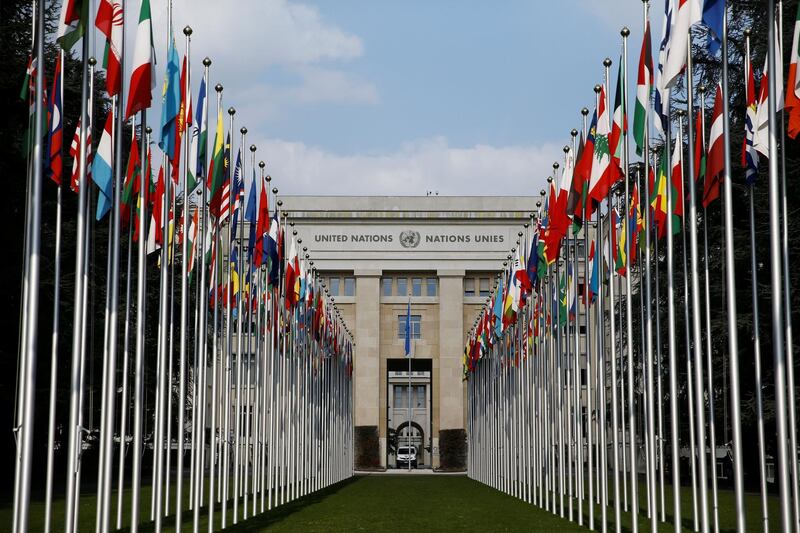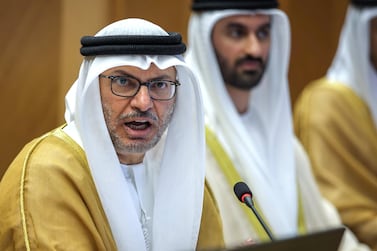Qatar is trying to strike a reconciliation deal with other Gulf states while still funding terrorism, a Middle East analyst said.
Nearly four years after severing ties with Doha over its support for terrorist groups, Saudi Arabia, UAE, Bahrain and Egypt have been urged to ensure a commitment to ending terror financing is included in any agreement.
They imposed a boycott in 2017 over Doha’s support for the Muslim Brotherhood, Hamas and other terrorist groups, its strong ties with Iran and its interference in the internal affairs of its neighbours.
“As promising as reconciliation would be, the Quartet must refuse any deal that excludes Qatar's unequivocal promise to cease its profligate terrorism financing," said Jordan Cope, a US analyst with the Middle East Forum.
Mr Cope, a law student studying at the University of Texas, said the terrorism funding had destabilised an entire region.
"Restoring previous ties at any other cost would convey a renewed tolerance, and thus victory, for Islamism and its leading financiers," he wrote in Newsweek.
As sources suggest a deal brokered by the US and Kuwait could soon lead to an agreement, it was vital to maintain “not necessarily opposition to Qatar's Iran ties, but opposition to Qatar's backing of Islamism”.
Mr Cope said legitimacy was needed to restrict Iran’s nuclear programme when its uranium stockpile exceeded 12 times the limit allowed in the 2015 nuclear deal Tehran signed with world powers.
“If the Quartet's members are to condemn Iran's Islamism and sponsorship of terrorist proxies throughout the Middle East, it must likewise do so for Qatar's,” he said.
Mr Cope said the four countries had little to lose by maintaining the situation.
The article also said Qatar lacked the “military might” to exert influence over the them.







